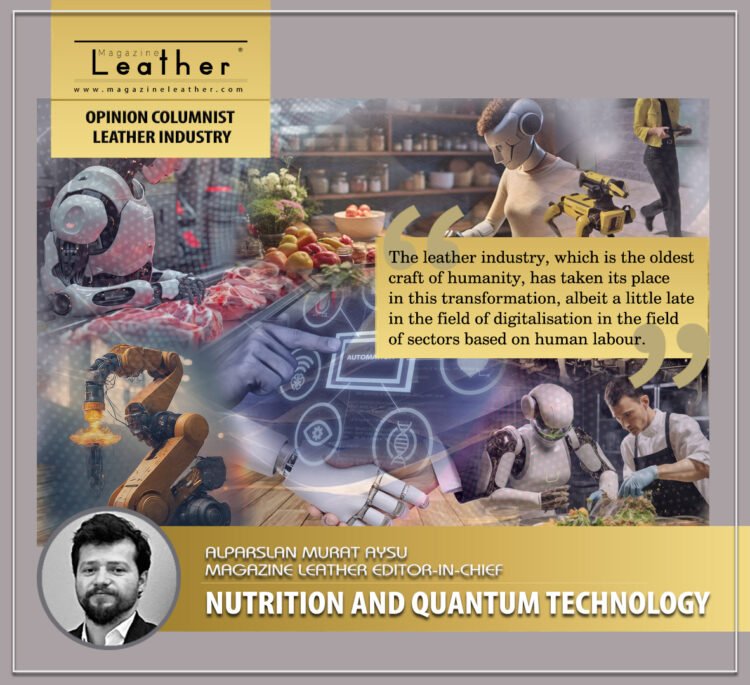It brings to mind the question of how much artificial intelligence will be within us in 2030 and 2050 for all humanity, or will we (Homo Sapiens) people be within them.
Cereals, Wheat, Pulses and Meat consumption, the vital and most important food source of human beings, meeting the need for protein, our habit of eating beef was the main source of human species. Now, how will meat consumption be in the age of artificial intelligence?
Bill Gates recently said that meat consumption will be minimised in the 2030s. It is actually a matter of curiosity where the human (Homo Sapien) will be in the 2030-2040s artificial intelligence phase.
Even Elon Musk’s statement that commercial flights will be made to the planet Mars by 2035 predicts how the professions-crafts branches of important milestones related to the evolutionary process of human beings will also evolve (will they?).
This prediction brings with it many questions, of course, for example, as an example, the following comes to mind as a question; “Will there be meat consumption on the planet Mars in the advanced environment of Artificial Intelligence in the 2040s?” The question.
In fact, hunter-gathering, which is part of our evolutionary process, has led us to the smart human mode, that is, the brain structure that has developed with the transformation of our eating habits, today we have become able to control robots and automation systems from our digital phones.
Almost everyone knows about soilless agriculture cultivation and we can say that it has become an industry. In fact, it is a matter of curiosity how much the eating habits of human beings will change when the evolution of artificial intelligence technology, which is developing rapidly, takes on quantum technology.
Let’s come to the leather industry, as in every sector, we can see artificial intelligence-based controllable automation technologies in tanners. The leather industry, which is the oldest craft of humanity, has taken its place in this transformation, albeit a little late in the field of digitalisation in the field of sectors based on human labour. But what awaits not only the leather industry but all industries in the 2035-2040s is still a matter of curiosity.
I look at it from this point of view, in fact, the industrial revolution that started in the 1760s, the quantum revolution in the 2035s, and how much it will affect all industries and how much the results will develop, for example, to what extent will it change the eating habits of the people created by artificial intelligence technology? Of course, it is a matter of curiosity to what extent this will affect not only natural grains, pulses and meat, but also the entire nutritional balance and transformation.
In fact, for the time being, regenerative agriculture, regenerative animal husbandry is the ideal eco life cycle for our planet in order to increase biodiversity, ensure soil fertility and improve the quality of water resources. The fact that the sectors, especially famous brands, comply with the principle of sustainability with realistic steps will be an indicator that they care about our planet and biodiversity.
Thank you for reading.
Hope to see you in our next column.









